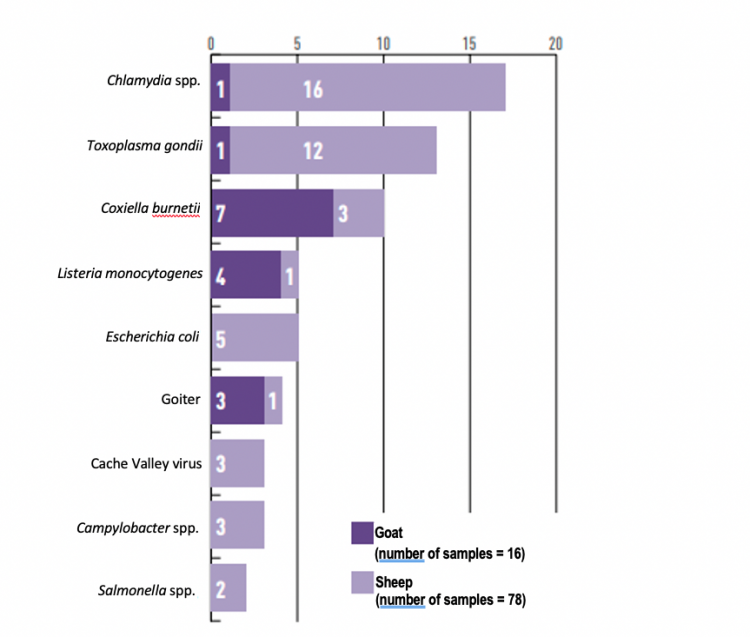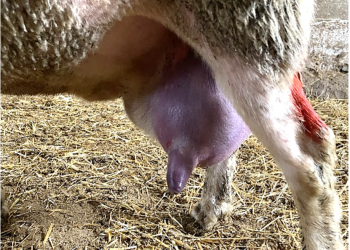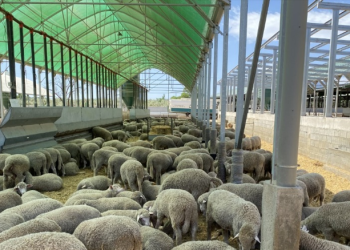Study in Quebec
The Quebec Ministry of Agriculture, Fisheries and Food carried out the first “PISAQ” [Programme integré de santé animale du Québéc (Quebec Comprehensive Animal Health Program)] campaign between 2017 and 2019. The objective was to raise awareness about abortion problems in small ruminants, and to obtain samples for a subsequent epidemiological study.
A total of 300 sheep and goat farms with reproductive problems participated, and nearly 100 episodes of abortions experienced at 88 farms were able to be analyzed in the laboratory.

Thanks to the campaign, it was possible to identify the main pathogens that cause abortions in Quebec, and in this way the best measures to control them could be established.
Chlamydia abortus was identified in 18% of the samples, being the most prevalent pathogen
Identification of C. abortus using PCR
Another study conducted at the University of Guelph (Ontario, Canada) and published in the Journal of Veterinary Diagnostic Investigation also demonstrated the importance of Chlamydia abortus in Canada.
The study was carried out between 2009 and 2011, and 163 sheep and 96 goat samples were analyzed. The samples were placentas and fetuses collected after an abortion, and they underwent macroscopic examination and subsequent PCR.
The results of the PCRs were:
– Sheep: 42 positive samples of 162
– Goat: 54 positive samples of 92
26% of sheep and 59% of goat samples were positive for C. abortus
Taking the case history and other additional tests (histology, immunohistochemistry and bacteriology) into account, it was concluded that C. abortus was the cause of abortion in 38% and 63% of cases of sheep and goats that had tested positive in PCR, respectively.
The results show that C. abortus is the most prevalent pathogen and the main cause of abortions in sheep and goats.
Conclusions
Based on the results of these studies, we can say that Chlamydia abortus is a significant problem in Canada. Therefore, it is necessary to take measures to control the disease, such as good management and biosecurity practices and vaccination.
Further research on the prevalence of C. abortus is needed to develop effective prevention and control strategies.
Article written by:
Tania Peralvarez Puerta. Global Product Manager, Small Ruminants Franchise – HIPRA


